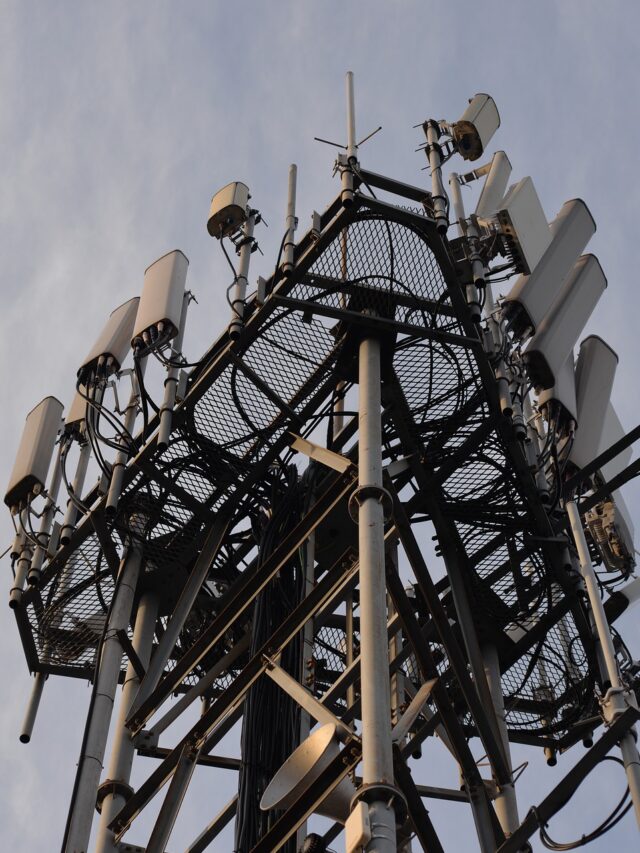Introduction
Intel, a cornerstone in the global semiconductor industry, finds itself at the center of a legal battle as shareholders sue the company over recent job and dividend cuts that have triggered a steep decline in its stock price. The lawsuit claims that these drastic actions were executed without sufficient transparency, resulting in significant financial losses for investors. In this article, we’ll examine the details surrounding the lawsuit, Intel’s defense, and the broader implications for the company, its employees, and the technology industry.
Table of Contents
Background of the Lawsuit
The lawsuit against Intel stems from a combination of job cuts and reduced dividends, which have collectively contributed to a substantial drop in the company’s stock price. The job cuts were part of a broader strategy to streamline operations and reduce costs, particularly in light of competitive pressures and market changes. However, these cuts, along with a reduction in dividend payouts—a move that directly affects shareholders—have not been well received.

The shareholders’ primary concern is the lack of adequate disclosure from Intel. They allege that the company failed to properly inform them about the potential risks and financial implications of these decisions. As a result, many investors were blindsided by the sudden stock plunge, which they argue could have been mitigated had Intel provided more timely and comprehensive information.
This section will delve into the details of the job and dividend cuts, explore how these moves impacted Intel’s stock price, and present the concerns raised by shareholders. The allegations center on whether Intel acted responsibly in its decision-making and communication processes and how these actions have led to financial losses for those who hold stock in the company.
Intel’s Response to the Lawsuit
In response to the lawsuit, Intel has issued a statement defending its actions. The company argues that the job and dividend cuts were necessary measures to maintain long-term viability in a highly competitive and rapidly evolving market. According to Intel, these decisions were made after thorough internal evaluations, which considered both the current market conditions and the company’s future growth strategy.
Intel’s defense also includes a commitment to transparency and communication with its investors. The company claims that it has consistently provided shareholders with all relevant information as required by law and that any allegations of withholding information are unfounded. Intel asserts that it acted within its rights and in the best interests of the company and its shareholders.
This section will explore Intel’s official statements and the reasoning behind its job and dividend cuts. It will also discuss the company’s ongoing efforts to reassure investors and stakeholders, emphasizing its commitment to transparency and the importance of maintaining investor confidence during challenging times.
Implications for Intel and Stakeholders
The lawsuit carries significant potential consequences for Intel, both financially and reputationally. If the shareholders’ claims are upheld, Intel could face substantial financial penalties, which would further strain the company’s resources and potentially impact its ability to invest in future innovations. Beyond the financial implications, the lawsuit could also damage Intel’s reputation among investors, employees, and the broader tech community.
Employee morale and retention are other critical factors to consider. The job cuts may have already created a sense of uncertainty and insecurity among Intel’s workforce, which could be exacerbated by the ongoing legal battle. This could lead to a loss of talent, which would be particularly damaging in an industry where skilled professionals are crucial to maintaining a competitive edge.
For investors, the lawsuit raises concerns about the broader management of the company and its ability to navigate market challenges. The outcome of this case could have ripple effects throughout the tech industry, influencing how other companies approach similar decisions and manage investor relations during times of financial stress.
Analysis and Expert Insights
Industry experts have weighed in on the situation, offering analysis of both Intel’s actions and the potential outcomes of the lawsuit. Some experts argue that Intel’s job and dividend cuts were a necessary response to the growing challenges in the semiconductor industry, where rapid innovation and shifting market dynamics often require tough decisions.
However, others suggest that Intel could have handled the situation more transparently, providing better communication to shareholders about the risks involved. The comparison to similar cases in the tech industry highlights the importance of clear communication between companies and their investors, especially when making decisions that could have a significant financial impact.
This section will provide a detailed analysis of expert opinions on the lawsuit, compare Intel’s situation to similar cases in the industry, and explore potential outcomes and settlements. The insights gained from these analyses will help to understand the broader implications for Intel and the tech industry as a whole.
Conclusion and Future Outlook
As the lawsuit progresses, it will be crucial to monitor how Intel navigates these challenges and what steps it takes to restore investor confidence. The company’s path forward may involve not only defending against the legal claims but also reevaluating its strategies for transparency and communication with stakeholders.
Intel’s ability to weather this storm will likely depend on its leadership’s decisions and the strength of its ongoing innovations in the semiconductor space. The broader impact on the tech industry could set new precedents for how companies manage shareholder relations during times of financial strain, particularly in sectors as volatile and competitive as technology.
This final section will recap the key points of the lawsuit and its implications, offering a forward-looking perspective on Intel’s potential strategies and the long-term effects on the tech industry and investor confidence.
Conclusion
The lawsuit against Intel underscores the complex challenges facing the chipmaker in an industry marked by rapid change and fierce competition. As the case unfolds, it will be essential to watch how Intel addresses shareholder concerns and works to rebuild trust with its investors. The outcome of this legal battle could have lasting effects on the company and set important precedents for the broader technology sector.
FAQ
Why are Intel shareholders suing the company?
Shareholders are suing Intel over recent job and dividend cuts that led to a significant drop in the company’s stock price. They allege that Intel failed to properly disclose the risks associated with these decisions, resulting in financial losses for investors.
What are the main concerns of the shareholders?
The shareholders are concerned about the lack of transparency and timely communication from Intel regarding the potential impact of the job and dividend cuts. They argue that they were not adequately informed about the financial risks, which contributed to the stock’s sharp decline.
What were Intel’s reasons for the job and dividend cuts?
Intel stated that the job and dividend cuts were necessary to streamline operations, reduce costs, and ensure long-term viability in a competitive market. The company believes these measures are crucial for sustaining its future growth and innovation.
How has Intel responded to the lawsuit?
Intel has defended its actions, stating that the cuts were made after careful consideration and were in the best interest of the company and its shareholders. The company also emphasized its commitment to transparency and maintaining open communication with investors.
What could be the financial consequences for Intel if the lawsuit is successful?
If the shareholders’ claims are upheld, Intel could face significant financial penalties. This could further strain the company’s resources, affecting its ability to invest in future innovations and potentially harming its financial stability.
How might this lawsuit affect Intel’s employees?
The job cuts, combined with the uncertainty of the lawsuit, could negatively impact employee morale and retention. A prolonged legal battle could create a challenging work environment, leading to the loss of talent, which is critical in the tech industry.
What are the broader implications of this lawsuit for the tech industry?
The lawsuit could set a precedent for how tech companies handle investor relations during times of financial stress. It highlights the importance of transparency and communication, especially when making decisions that could significantly impact stock prices and investor confidence.
What are industry experts saying about Intel’s situation?
Experts are divided; some believe Intel’s actions were necessary given the competitive pressures in the semiconductor industry, while others think the company could have better communicated the risks to shareholders. The case is being closely watched, as it may influence how similar situations are managed in the future.
What potential outcomes could result from the lawsuit?
Possible outcomes include financial settlements, changes in Intel’s corporate governance, or increased regulatory scrutiny. The lawsuit may also lead to new standards for how companies disclose information to shareholders during significant operational changes.
What steps might Intel take moving forward?
Intel may focus on rebuilding trust with investors by improving transparency and communication. The company might also reassess its strategies to ensure better alignment with shareholder interests while continuing to innovate and compete in the semiconductor market.







